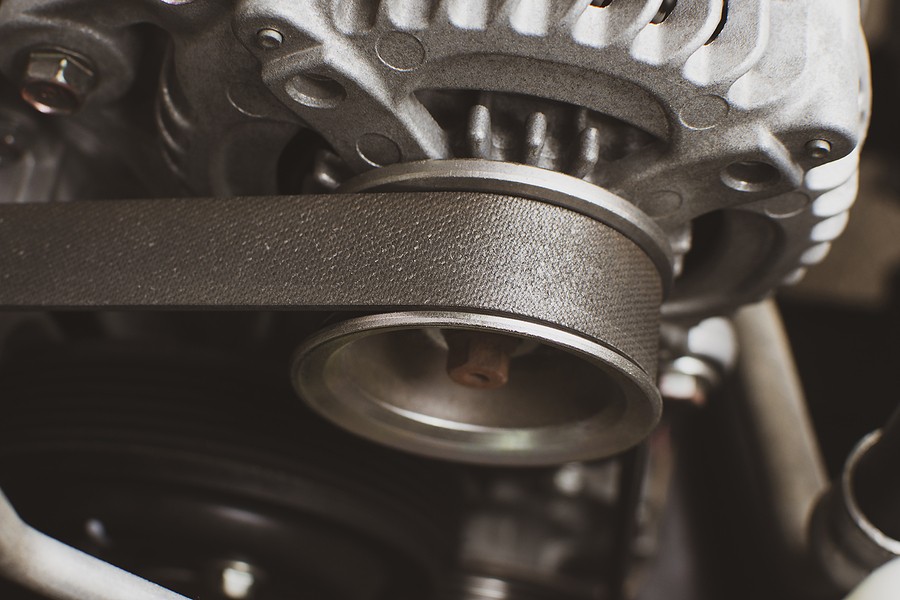If you have a bad alternator and wonder, “how long can you drive with a bad alternator,” you shouldn't drive more than 30 minutes or 25 miles. Otherwise, you'll deal with severe complications that could cost you a lot of money on the repair.
Your vehicle contains many components that you might not be very familiar with, and you might know the engine, you've probably heard about the transmission, but do you know what the alternator is and what it does?
Understanding one or two things about the alternator help you maintain it and allows you to enjoy it for the longest time possible while preventing major complications that could cost you a lot of money.
The alternator will go bad at some point in time, and when it does, you must understand whether you can drive your vehicle with a bad alternator or not. If yes, how long can you drive with a bad alternator?
This article provides you with all you need to know to help you familiarize yourself with the alternator, its job, and how long you could drive your car with a bad one.
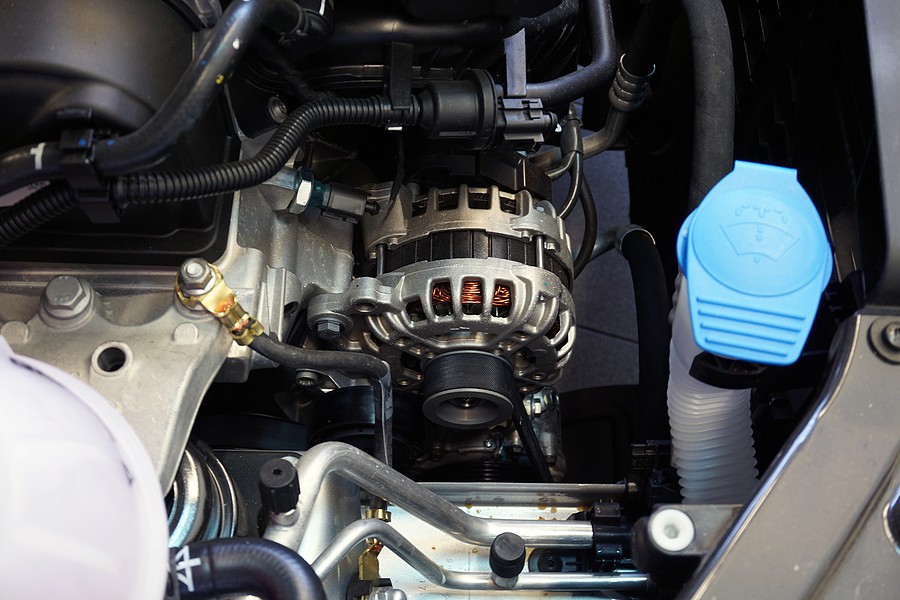
What is the alternator, and what is it doing?
The alternator is responsible for charging the electric component as your engine is running. There is a very common misconception that the battery is the one responsible for doing this job. However, it is an alternator for this job.
Every time your engine is running and every time there is a compliment that needs some electric supply, it also interconverts the engine's generated power into electric power so these components can be used. Many experts refer to this alternator as the converter in some articles.
The alternator and the battery work closely, and the alternator charges the battery when it's not in use and when the engine is running. This way, once you start your vehicle the next time, the battery has a full charge. Then, finally, it's ready to get through this huge electric supply to get your vehicle going.
As we mentioned earlier, the alternator is not designed to last forever, and you'll get to the point where you must replace it. However, when it fails, it fails suddenly, and that's why you got to ask yourself, how long can you drive with a bad alternator? This way, you become proactive about the problem and ready to deal with emergencies where the alternator suddenly fails.
How long can you drive with a bad alternator?
According to automotive experts, you should be able to continue driving your car up to 25 miles or 30 minutes if the alternator fails. However, remember that this is a rough estimate and depends heavily on your battery's condition. That's why if the battery doesn't have enough charge, you might not be able to drive your car at all, and you should be to get to the nearest repair shop instead.
Thirty minutes or 25 miles is good enough to get you to the repair shop in most scenarios. However, as we mentioned earlier, if the battery is not working, then your only option would be to deal with the towing service and have your vehicle towed to the nearest dealership or location to get this fixed.
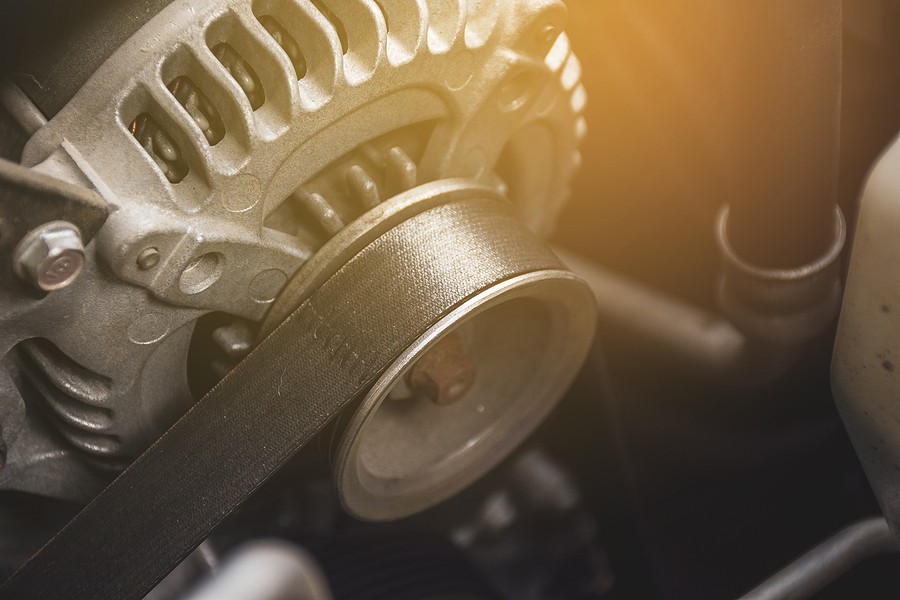
How long does the alternator last?
The alternator is a durable component. It is expected to last between seven and ten years, which is a very long time frame for car repairs. However, this doesn't mean that you're not going to deal with alternate or failures before then.
That's why I can lock the next step for you is to understand the different symptoms of a failing or bad alternator so you can fix that before dealing with sorting complications where you can't drive your car at all!
What are the common symptoms of a bad alternator?
When the alternator he's failing or is about to fail, you'll deal with specific symptoms that help you narrow down the list and pay attention to the alternator immediately. It is extremely critical that whenever you notice any of the following symptoms, take your vehicle to the nearest repair shop and inspect the alternator or replace it if needed.
1. Dashboard warning lights
When the alternator goes bad, you will immediately notice warning lights on the dashboard. As we always say, you must never ignore these warning lights because they are just a way for your vehicle to bring your attention to internal problems.
Remember that you cannot immediately see a check engine light illuminated on the dashboard and assume it's a problem with the alternator. Instead, you must take the next step and determine what triggered this check engine light. Once you inherit out the potential culprits, you can then decide on potential solutions which involve replacing the alternator if it's bad.
If you don't want to pay for labor jobs, you can invest in a simple tool like an OBDII scanner. This scanner can be linked to your vehicle's computer and tell you what's going on. Depending on the complexity of the scanner, you might only get a simple code that you can Google and translate. Once you confirm from the code that your issue is related to the alternator, you can then go to the mechanic and have him replace the alternator confidently without any hesitation about other potential problems that you're not prepared for.
2. Battery problems
As we mentioned earlier, the alternator and the battery are connected somehow. And if the alternator is not working properly, that battery will not get charged as you're running your vehicle, and that's why you'll have some battery problems the next time you start your car.
The battery will not have enough charge to provide you with what you need to get your vehicle's side, and that's why the next time you turn the key in the ignition switch, you feel bad nothing is happening and will think that the battery is failing.
You can quickly check to determine whether it's the battery or something else by performing a jump start. If things didn't work out, it might not be a problem with the battery, and it could be something else which in this case is the alternator.
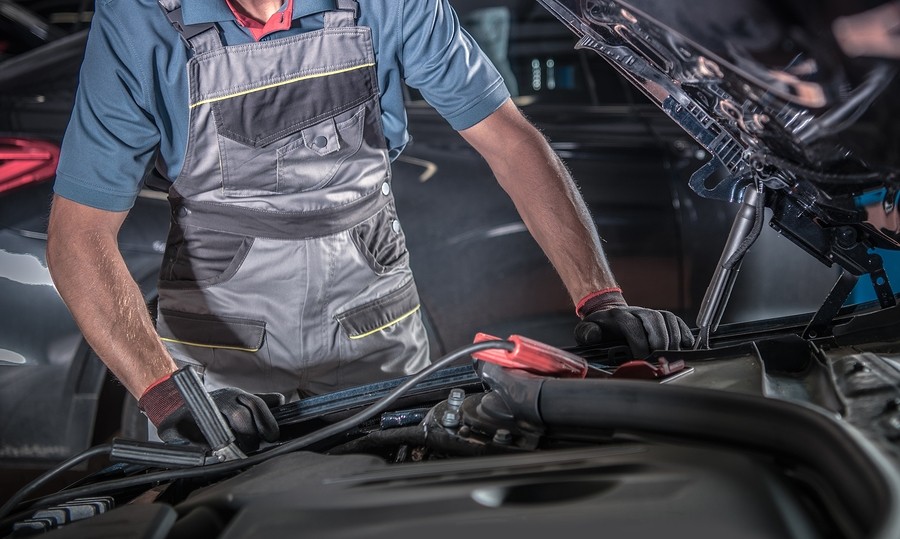
3. Slow electric components
Since the alternator is responsible for charging electric components as you're running your engine, when the alternator fails, you'll find that these elliptic components are not responding or operating as they should.
Of course, it could be a problem with the electric component itself, but also it could be a failing or damaged alternator. Check with your mechanic and have him determine the root culprit causing the issue.
4. Weird loud noises
When the alternator goes bad, it will start making some weird noises. Anything you hear coming from the alternator side should be a warning side indicating a failing alternator.
As we always say, whenever you notice a weird noise coming from your car, you should take it seriously because it is another way for your engine or car to communicate with you and bring your attention to internal problems. In addition, the faster you detect the issue, the easier and cheaper repair costs are.
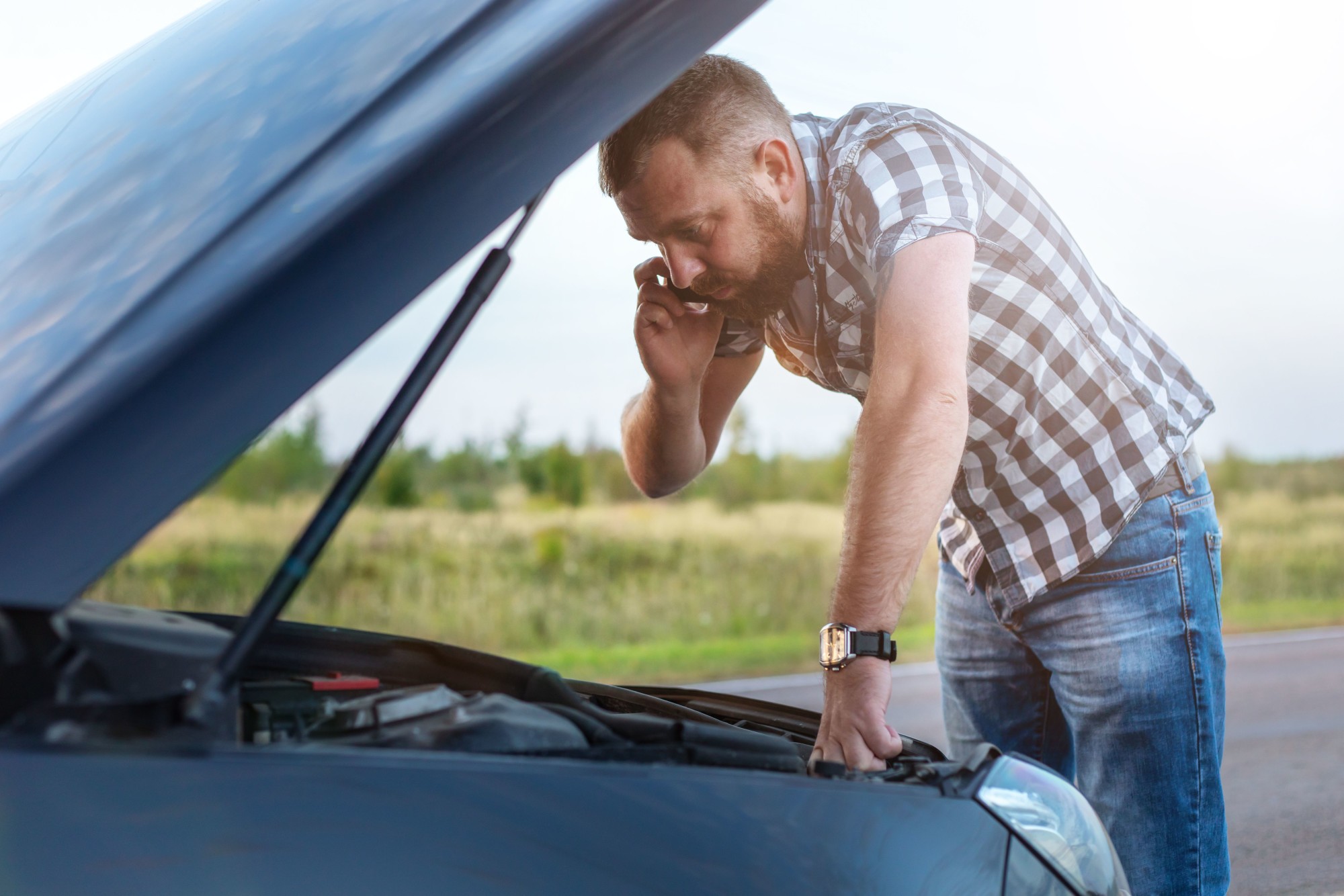
5. Loose belts
Sometimes you may not have an actual problem with the alternator, but it could be an issue with the loose belts. The belts are connecting to the alternator to your engine, and if they're not tight and if they're not in good condition, the alternative is not going to receive any energy from the engine. So that's why it will act like it's failing.
Therefore, we can perform a quick inspection and look at these bills to see if they have any signs of damage or cracks that you have to take care of immediately. If these builds are not changed for a long time, check with your vehicle's owner's manual to see how often you should replace them because they could be Past due.
6. Strong smells
In addition to the weird noises, you might even start noticing some weird smells from the alternator side. These smells could be something more like overheating wires, and it's an indication of a failing alternator, unfortunately
Whenever you notice these smells, you must take them seriously and consult your mechanic to describe what you're dealing with. The more accurate in describing the issue easier it is for your mechanic to resolve it and determine the root culprit.
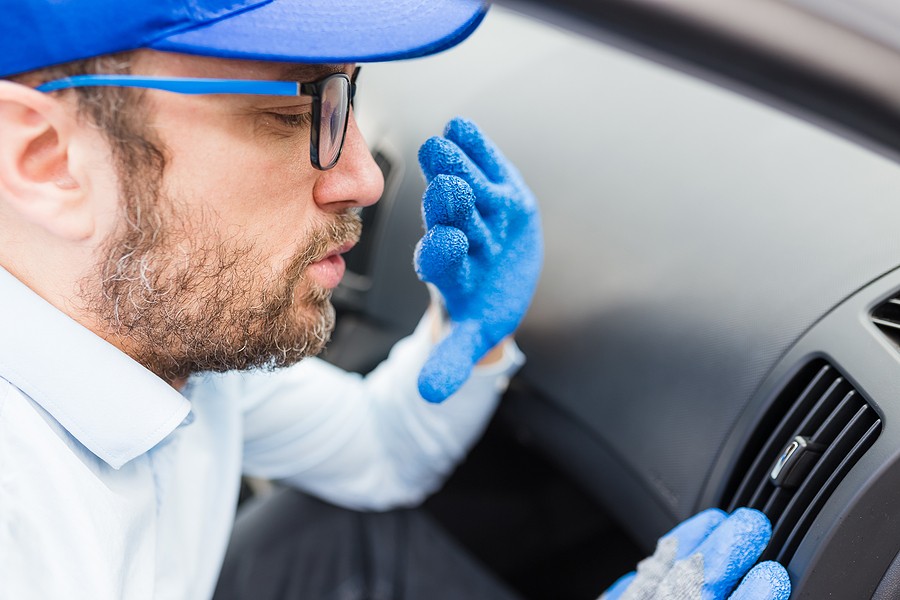
7. Issues with charging
Add that alternator can easily cause some charging issues. These issues could be low charges, as you might expect. There could also be no charges if the alternator fails. Surprisingly, that alternator might cause overcharging of some of the electric components, leading to significant damages that could make this component feel complete.
8. Flickering headlights
The headlights could be a great thing to monitor if you want to detect any internal issues with your alternator. For example, if you notice that the headlights are brighter than before or dimmer than before, it could signify a faulty alternator. Also, flickering headlights could be another sign to monitor.
Keep in mind that all these headlight-related issues could also be linked to a bad battery, and that's why you cannot immediately replace the alternator or assume it's the one causing the issue unless you confirm with your mechanic.
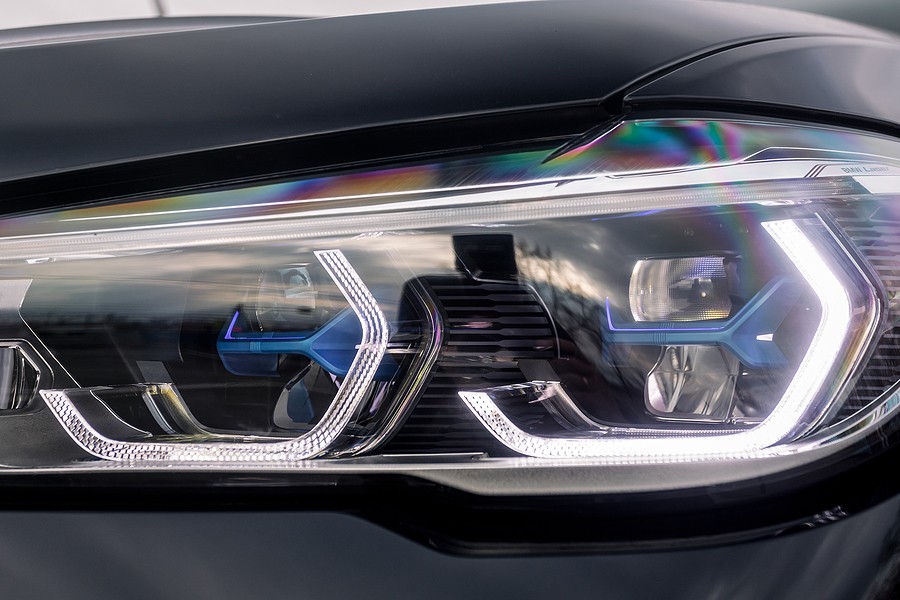
How much does it cost to replace an alternator?
Alternator replacement costs differ significantly depending on your vehicle's type and location where you get the job done. Typically, it should cost you somewhere between $350.00 and $400.
Unfortunately, suppose your mechanic confirmed that you were dealing with a failing alternator. In that case, your only option is to replace it because there's no workaround for continuing to drive your car with a faulty alternator.
While the $400 might not sound a lot, you must evaluate the situation carefully before spending a penny trying to fix this car. In other words, you must calculate the total repair cost for any other vehicle problems and determine whether your repair costs are getting closer to the vehicle's value. That's the case; you might need to investigate selling your vehicle instead of wasting your time, money, and effort.

Final thoughts
The alternator is a critical component in your vehicle that is responsible for charging electric components when your vehicle is running. Unfortunately, as time passes, the alternator is expected to fail, and when it does, it leads to lots of potential negative consequences that you never want to deal with.
Therefore, you must understand how long you can drive with a bad alternator to determine whether you need to take the car to the nearest repair shop or drive it there. Typically, you might be able to drive your car up to 25 miles or probably 30 minutes before your vehicle shuts down completely. However, this timeframe might differ if your battery is not good, and you'll have to tow your car immediately if that's the case.
Suppose you determine that your vehicle is not worth replacing with a new alternator. In that case, you can always reach out to Cash Cars Buyer to investigate how much you can get for selling this car so you can use its value to purchase a better vehicle.
Cash Cars Buyer is one of the top-rated car removal companies in the nation that guarantees to pay you the top dollars and provide you with free towing despite your living location around the United States.
Our process is very straightforward and doesn't take more than a couple of days to get your car removed safely and for the most money.
All it takes you is to:
- Describe your car's type and condition
- Receive our instant free quote
- Accept the quote
- Get your car removed and receive your cash payment on the spot!
To learn more about our process and our team, you can reach out to us by calling us at (866) 924-4608 or by visiting our home page click on the free instant online offer.

